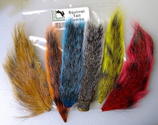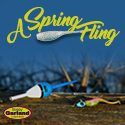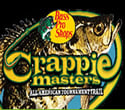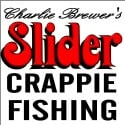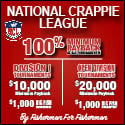Thanks for posting this as I have been arguing with Texas Fish & Game people here for years about the water levels during the spawn and what it does to the fish. This was the first year in very many that the SRA (Sabine River Authority) let the lake stay full this time of year as usually if the lake reaches full pool they would bring it down right away and fast for fear of more rain coming or something that had not happened yet.
It also too years of fighting to make the SRA stop generating when the lake hits 4 feet below full pool. Use to they would just keep sucking it out until they had generated all they wanted with no real care for what happened to the lake, fisherman or even the economy which takes a hit when the lake is too low.
Thanks again,
Skip


 Likes:
Likes:  Thanks:
Thanks:  HaHa:
HaHa: 
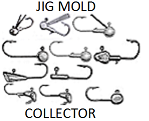

 Reply With Quote
Reply With Quote